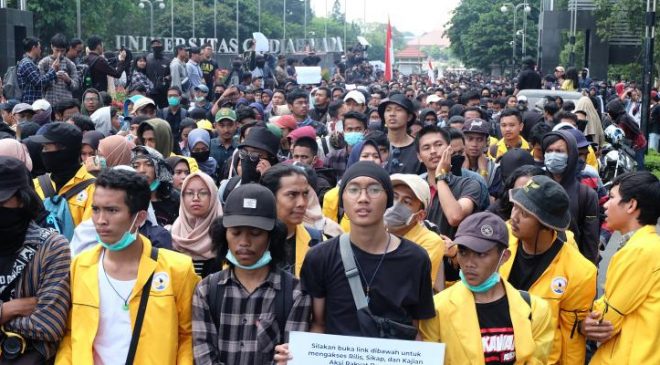
The activist Haris Azhar described Indonesia’s Constitutional Court ruling in March as “historic” due to its revocation of three false news and defamation clauses from the country’s 1946 criminal code. The ruling aimed to protect human rights and prevent the misuse of vague definitions that could be used to suppress legitimate criticism of the government.
Azhar, along with other human rights defenders and organizations, sought the judicial review after facing criminal defamation charges themselves. The court’s decision led to the dropping of some cases and highlighted the need to address other laws that could undermine free expression rights in Indonesia.
Azhar particularly criticized the 2023 Internet and Electronic Transaction Law for its severe provisions, allowing the government to censor digital content without judicial oversight. The upcoming 2022 criminal code poses a threat to basic freedoms, with provisions criminalizing the dissemination of certain information and restricting discussions on sensitive topics like contraception and abortion.
Azhar emphasized the importance of challenging these new laws and urged authorities to revise them in line with the Constitutional Court ruling. The recent decision is expected to inspire future petitions against oppressive regulations that hinder free expression in Indonesia.
